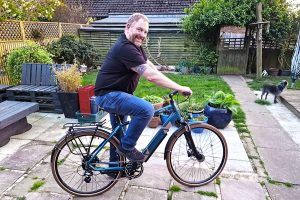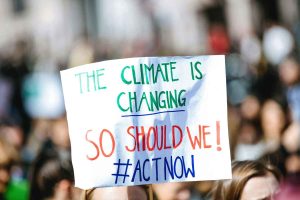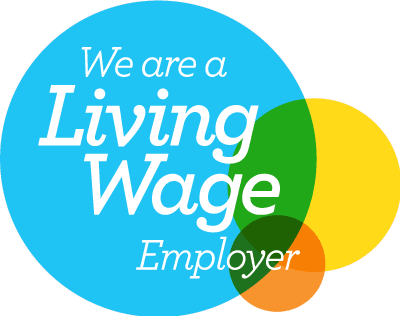Climate action is now too urgent to wait for politicians – communities hold the key

The climate crisis is not a distant problem that can be postponed or ignored. It is happening now, and it is affecting millions of lives and ecosystems around the world. Waiting for political decisions is a luxury we simply cannot afford; we must foster a groundswell of urgent change instead.
IPPR’s recent call for increased funding in active travel underscores the pressing need for action; however, relying on political decisions is fraught with challenges – they are often slow, compromised, and bogged down by competing interests.
The stark reality is that time is not on our side. Global warming has already breached the critical threshold of 1.5°C across a whole year, unleashing catastrophic flooding, heatwaves, and wildfires. The deadly heatwave in West Africa and the Sahel earlier this year serves as a chilling reminder of the grim consequences of climate inaction.
In the face of such urgency, waiting for political decisions is not an option. The UK Government is falling short of its climate targets, and even the Scottish Government, which had some of the most ambitious climate legislation in the world, has recently scaled back its emissions reduction goals.
Rob Blackie, the Liberal Democrat candidate for London Mayor, has said that tackling the climate crisis ‘takes time’ and has opposed measures that would reduce traffic and pollution in the capital.
Speaking to Nick Robinson on BBC Radio 4’s Today programme earlier this month, Mr Blackie argued that the second phase of ULEZ was pushed out too quickly for people to get ready for it. ‘That undermined public support, and I think it’s very important we bring the public with us,’ he said.
Mr Blackie makes – and illustrates – a good point: climate policy will not stick if the public doesn’t have agency in it; but also that politicians – like him – will be slow to act if there is not support and demand from the public.
So we must turn our attention to grassroots action, building communities that are empowered to drive change from the ground up. These communities can serve as powerful catalysts for behavioural change and collective action. By mobilising public support and showcasing the imperative for climate action, they can exert pressure on governments to prioritise the issue and deliver meaningful commitments.
The key lies in fostering a sense of collective responsibility and urgency within communities. By providing platforms for engagement, education, and empowerment, we can inspire individuals to adopt sustainable practices in their daily lives and advocate for systemic change. From organising community clean-up events to promoting active travel and sustainable living, there are countless ways in which communities can lead the charge against climate change.
Moreover, the power of communities extends beyond their immediate impact – they have the potential to create a ripple effect that reverberates throughout society. As individuals witness the tangible benefits of collective action and see the positive changes taking place in their communities, they become ambassadors for change, inspiring others to join the movement. In essence, the time for waiting is over.
We cannot afford to passively rely on political decisions that may never materialise or fall short of what is needed. Instead, we must take matters into our own hands, building communities that embody the values of sustainability, resilience, and collective action. Only by acting together, from the ground up, can we hope to address the urgent challenges posed by climate change and secure a sustainable future for generations to come.
BetterPoints exists to build communities of change at scale, and we are doing just that for a number of UK councils effectively, affordably and with good return on investment.
Read the white paper: Unlocking Change – Empowering Communities to Tackle the Climate Crisis








